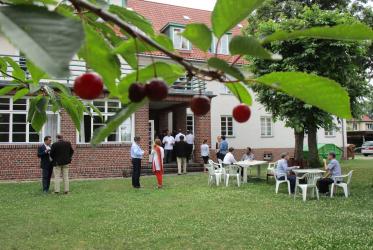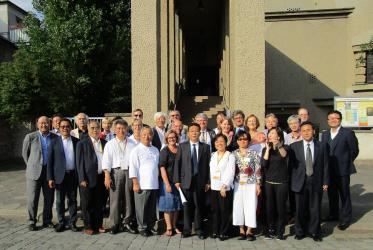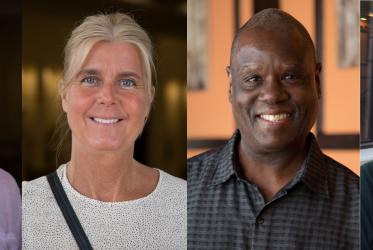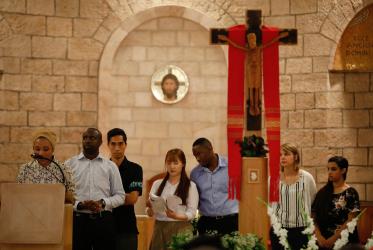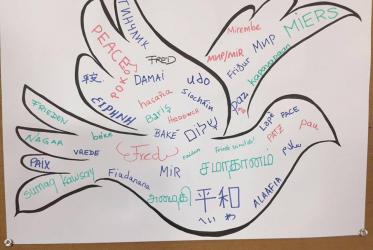Displaying 161 - 180 of 370
22 August 2017
The whole world is praying for peace on the Korean Peninsula
11 August 2017
Peace consultations of hope
07 July 2017
WCC urges end to escalation in Korea
05 July 2017
From Bethlehem, WCC general secretary: “Together we are stronger”
08 December 2016
Conference on Korean peninsula peace treaty convenes
17 November 2016
Ban nuclear weapons by law next year, says historic UN vote
28 October 2016

